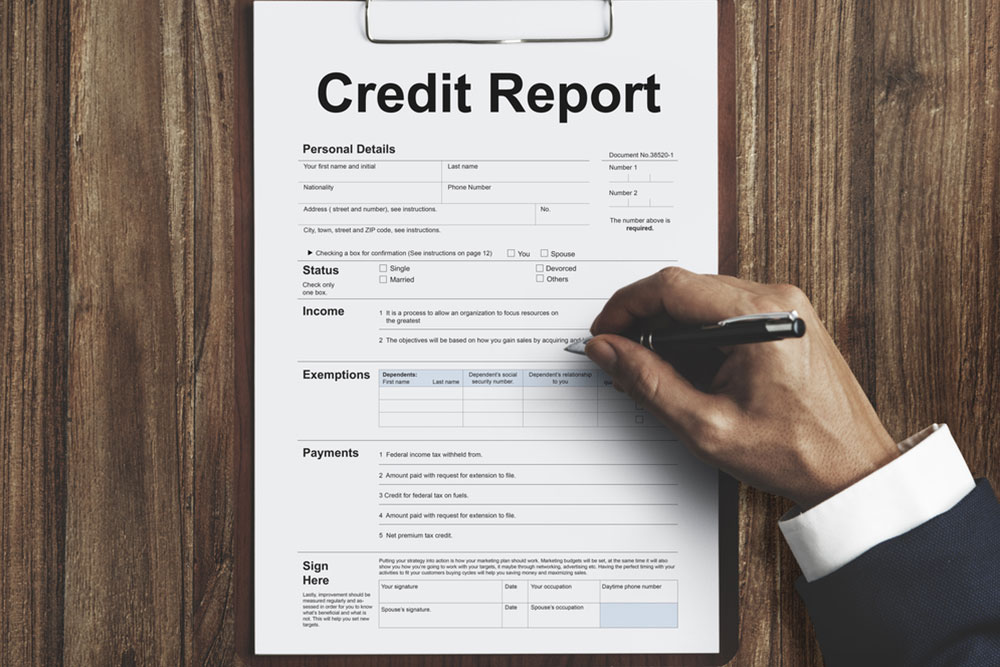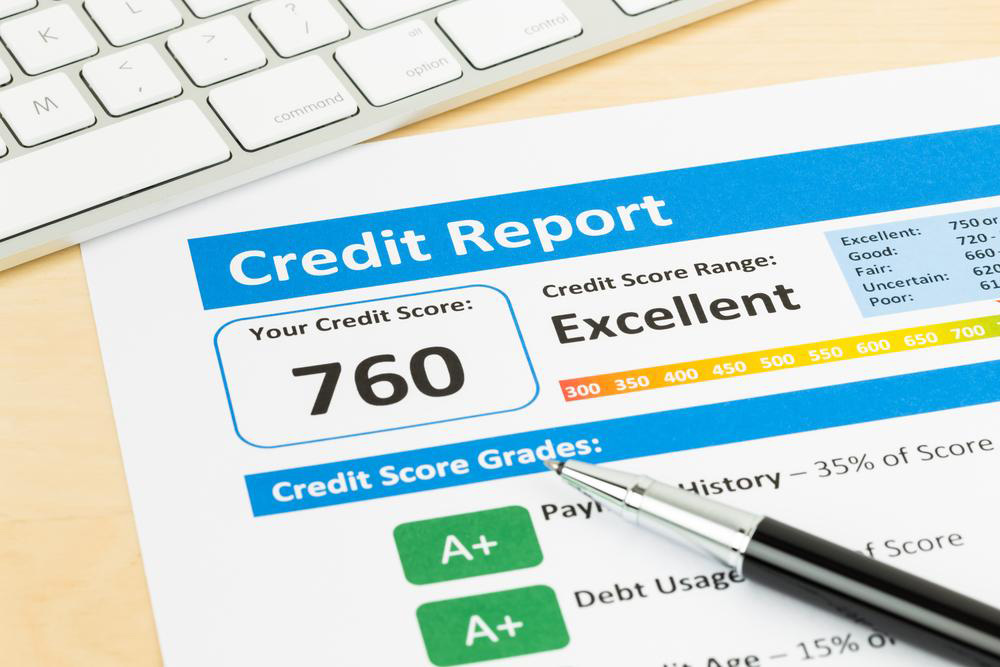Advantages of Accessing Credit Reports via Online Platforms
Discover the advantages of accessing credit reports online through major bureaus like Equifax, Experian, and Innovis. Learn how these reports can help verify credit history, combat identity theft, and resolve disputes. Understand your rights under FCRA, the process to obtain free annual reports, and benefits for improving financial health. Access to accurate, up-to-date credit information is essential for making informed financial decisions and safeguarding your credit profile. This guide highlights why online credit report retrieval is a smart, efficient choice for consumers seeking transparency and control over their financial status.

Advantages of Accessing Credit Reports via Online Platforms
Major credit bureaus like Equifax, Innovis, and Experian compile comprehensive credit reports by aggregating individuals' financial data. These reports detail credit histories, including personal information, employment background, Social Security numbers, account holdings, and balances. Authorized parties such as landlords, insurers, lenders, and employers review these reports to assess financial reliability. The primary goal is to evaluate a person’s financial standing, aiding in easier approval for loans and financial assistance.
The key benefits of obtaining credit reports online include:
Eligibility
According to the Fair Credit Reporting Act (FCRA), individuals can request three free credit reports annually from the designated bureaus. The Federal Trade Commission (FTC) safeguards the privacy and accuracy of these reports. Consumers can access their reports via annualcreditreport.com, with reports typically arriving within 15 days by mail.
Additionally, you can obtain free credit reports from Equifax online.
Pros
These reports offer more than just creditworthiness insights—they help combat identity theft by providing detailed account information. Though receiving three reports each year is optional, maintaining these reports can be crucial, especially if facing unemployment or wrongful denial of services like insurance or loans. Such reports are accessible within 60 days of adverse actions.
Dispute Resolution
Consumers can contest inaccurate or outdated information in their reports by submitting a dispute to the credit bureau, accompanied by supporting documents. Complaints can also be filed with the Consumer Financial Protection Bureau (CFPB). It’s important to note that some reports may include credit scores, while others do not. Reports are typically refreshed monthly, and users can access free credit scores alongside their reports. Some bureaus offer alerts and analyses to prevent negative activities such as late payments, helping improve credit health over time.










